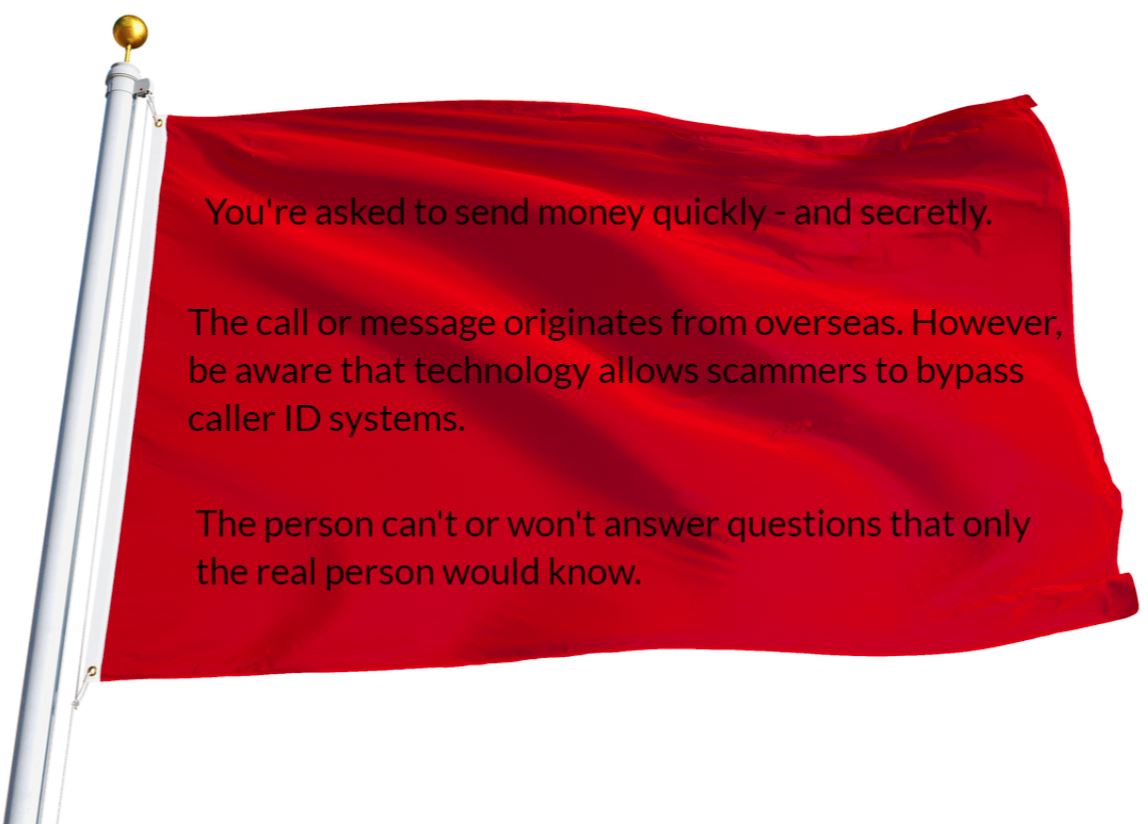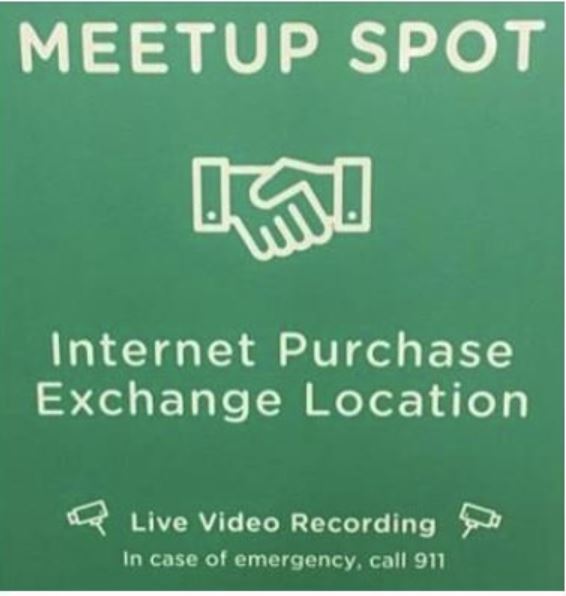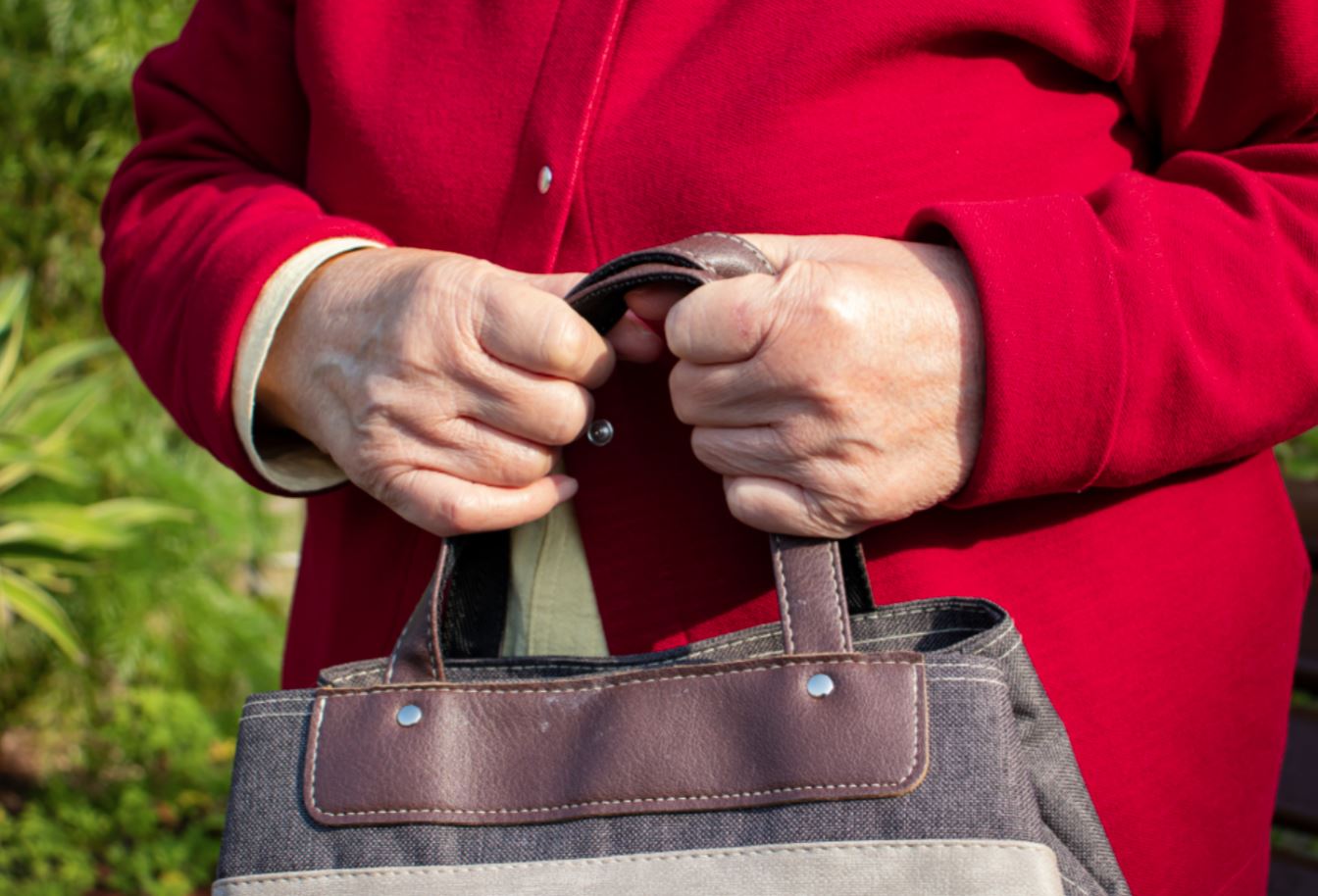Senior Safety
Senior Safety in the Home
“The population of the United States, as with all developed nations, is growing older and older. There are currently 48 million seniors in the United States, and this is predicted to grow by 40 million in the next 30 years.
By 2050, U.S. life expectancy will rise to 76.2 years.
Furthermore, the number of people aged 80+ is also expected to more than triple by 2050. This means that more and more of us will live to old age, and see our own relatives reach ages well past retirement age.
Understanding how to make a home as safe as possible for an older person is, therefore, imperative. Although it is not possible to fully mitigate the risk of an older person living in a home, it is certainly possible to take active steps to help an older person remain in their home safely for as long as possible.” – Basement Guides
One of the the most common causes of injuries to seniors in their home is falling. For more information about that and other safety information, visit Senior Home Safety Guide
Be Aware of Scams
Grandparent Scam
The “Grandparent Scam” targets the elderly. If your grandchild called seeking help, would you send money? In the “Grandparent Scam,” cons are posing as relatives to try and convince elderly victims to wire cash to help pay for emergency car repairs, medical bills – or even post bail. Here’s how to detect a scam:
Don’t fill in the blanks for the scammer. For example:
Caller: “Hi, it’s your granddaughter.”
Grandparents: “Which one?”
Most likely, the con will then hang up.
Do whatever is necessary to confirm the real relative’s whereabouts. Call your grandchild’s home, school or work.
Don’t send money unless you have verified that your relative is really in trouble. If a caller asks for your bank account number or urges you to send money via Western Union or MoneyGram for any reason, that’s a good indication of a scam. Cons prefer wire transfers because they are fast, there are transfer agents in most communities and funds can be picked up in multiple locations.
Below are some red flags and tips to help avoid falling prey to this scam. Scammers are tough to track down, so please continue to get the word out to your family and relatives before they become victims.
Any time someone asks you to send money by Western Union or MoneyGram, it’s invariably a scam. You might also be asked to send a check or money order by overnight delivery. Con artists recommend these services so they can steal your money before you realize you’ve been cheated. Money transfers can be picked up at any service location as long as the thief/recipient has the confirmation number.
Avoid volunteering information over the phone. Always ask the caller to identify themselves by name and ask individuals who contact you to provide information that only you and people close to you would know.
Call the friend or relative claiming to need your help to confirm whether the story is true, using a phone number you know to be genuine. If you aren’t able to contact the person, call other friends/family members to confirm the situation.
Refuse to send money via wire transfer.
If you have wired money and it hasn’t been picked up yet, call the wire transfer service to cancel the transaction. Once the money has been picked up, there is no way to get it back.
Trust your gut!
Warn loved ones about this scam and other money-wiring schemes. Elderly residents continue to be robbed because they have not heard the warning. If you haven’t talked to the seniors in your life about this scam, now is the time.
Driveway and/or Roof Scam
In the driveway scam, scammers prey on the elderly advising that their driveway is in need of seal coating. After an exchange of funds, the driveway is either painted black or coated with roofing oil, which does not protect the driveway. In the roof scam, homeowners are advised they need roof work to not void a previous work guarantee or leaks of some kind. Several different crimes are possible here. In some cases, homeowners can be billed for undone work, or in other cases, the worker takes up the homeowners’s concentration and another criminal enters the home and burglarizes it during the scam. This scam is mostly tried on the elderly.
If workers come to your home and advise you that you need repairs, request to see their license to work. All contractors and businesses must be licensed and bonded. Do not hesitate to call police for assistance when confronted at your home by “business” men or women who try to hard sell you into something. Do not do business with unlicensed companies or workers.
Fraud
Medical Fraud: Ask your health care provider for advice before buying into “miracle cures” or special deals. Use caution when purchasing prescription drugs over the internet.
Sweepstakes Scams: Don’t pay anything or give your credit card number in order to claim a “free prize.”
Land-in-the-Sun Deals: Never buy sight unseen. Check out the property and seller. Takoma Park offers a safe place to exchange property for money.
Insurance Fraud: Carefully read offers that claim large benefits at low rates; they may be exaggerated.
Business Schemes: Beware of work-at-home job offers with “registration” fees.
Home Repairs: Avoid “free inspections.” Deal only with firms you trust to avoid unnecessary repairs. Ask to see licenses.
Buyer Beware: Before you agree to anything, check out offers with the Better Business Bureau and get advice from people you trust.
Bank Scams: A person claiming to be a “bank official” or “detective” asks you to help “catch a crooked teller.” You withdraw your savings then the “bank examiner” takes it to be “counted.”
Charity Scams: Someone claims to be collecting money for charity, but they refuse to provide written information about the organization or tell you how donations are used.
Phony Bills: A surviving spouse is sent bills for phony debts or purchases.
Identity Theft: Identity thieves use your personal information (name, date of birth, social security number, credit card number) for their own economic gain. For example, they can open credit card accounts in your name and make large purchases and never pay the bills. Minimize the risk by shredding items with personal information before throwing into the trash. Don’t carry your social security card; leave it in a secure place. Never give your credit card number over the phone, unless you’ve placed the call yourself and you trust the company. If you suspect identity theft, contact the Federal Trade Commission
Crime Prevention
Crime is a frightening problem, especially for senior citizens. You may be worried about: burglary, fraud, muggings and purse snatchings. But, as a senior citizen, you don’t have to feel helpless! You can learn how to reduce your chances of becoming a crime victim.
How can I protect myself?
You can start by learning some basic crime prevention information. For example, it helps to know:
How criminals operate: They look for the easiest opportunities.
How to make crime difficult: Look for and remove any opportunities before criminals spot them.
You don’t necessarily need physical strength, agility, speed or expensive security devices: You DO need to be alert, cautious and self-confident.
At home, consider these tips:
Keep doors locked.
Install easy-to-use deadbolt locks.
Install new locks if you move to a new home or lose your key.
Keep garage and basement doors locked.
Lock your windows, draw the curtains/blinds at night.
Install and use peepholes; never open the door to strangers or let them know you’re alone.
Consider a pet; even a small dog can provide some protection.

Research alarm systems. If you have lots of valuables, an alarm may be worth the cost.
Organize a buddy system with neighbors and watch out for each others’ homes.
If you go out, leave outside lights on. Don’t leave notes about your return. Don’t advertise your absence on social media. Leave a radio, TV and/or light on inside.
When going out:
Secure your wallet. Don’t carry large amounts of cash. Carry your wallet in a safe inside pocket or on a chain attached to your belt. Avoid using ATM’s alone at night. Keep your Personal Identification Number (PIN) private.
Plan your route: Choose a safe, familiar well-lit route. Let someone know where you’re going and when you should arrive.
Take care with your purse:
Leave your purse at home, if possible. Don’t use a purse with a shoulder strap – you could be thrown to the ground and injured if it’s snatched.
Go with a friend: Your’e safer if you have company. Leashed dogs of any size will deter most muggers.
Travel Safely on Public Transportation
On buses: Sit in the front near the driver (but not too near the door). Hold on to your packages. Ask the driver – not other passengers – for directions.
On the subway or train: Wait near the ticket booth until ready to board. Pick a car with several people in it – don’t enter an empty car.
Stay Safe in Your Car
When driving: Keep the doors locked and windows up. Keep your purse and valuables out of sight. If you’re harassed at a stop, drive away as soon as possible. Never pick up hitchhikers.
When returning to your car: Be alert for anyone hiding behind nearby cars. Check the back seat and floor before you get in.
When parking: Park close to your destination. Choose an area that will be well-lit when you return. Lock valuables in the trunk before you arrive.
If your car breaks down: Raise the hood but stay inside – keep doors locked. If strangers stop to help, just ask them to alert law enforcement officials or a service station for you (remember to speak through a closed window).
If You’re Home is burglarized While You’re Out
Don’t go in if you suspect someone is still inside
Call law enforcement officials right away from a neighbor’s phone
Don’t touch anything
If You’re Held Up or Your Purse is Snatched
Don’t resist – give things up rather than risk injury or life
Hand things over quickly
Note as many details as possible
Notify law enforcement officials immediately
Remember, your life is more important than money!
When going on a trip, take protective measures before you leave
Stop delivery of newspapers, mail, etc.
Lock all entries – don’t leave an extra key out.
Ask neighbors or law enforcement officials to keep an eye on your home. If you live in Takoma Park, you can request a free Vacant House Check.
Don’t discuss your trip in public or on social media before you go.
Give your house a “lived in” look. Be sure to leave lights on timers and the lawn tended.
Protect Your Valuables
Keep money and securities in a bank.
Have your social security or pension check deposited directly into your account.
Mark all valuables with an ID number (for example, your driver’s license number and your state’s abbreviation).
BE ALERT – at home and away
BE AWARE OF – what you can do to help prevent crime
BE INVOLVED – join community anti-crime activities
REPORT – all crimes and suspicious activities to law enforcement officials
OTHER RESOURCES
Montgomery County, Maryland, Senior Site
Montgomery County, Maryland, Police – Keeping Seniors Safe
Meeting the Housing Needs of Older Adults in Montgomery County










